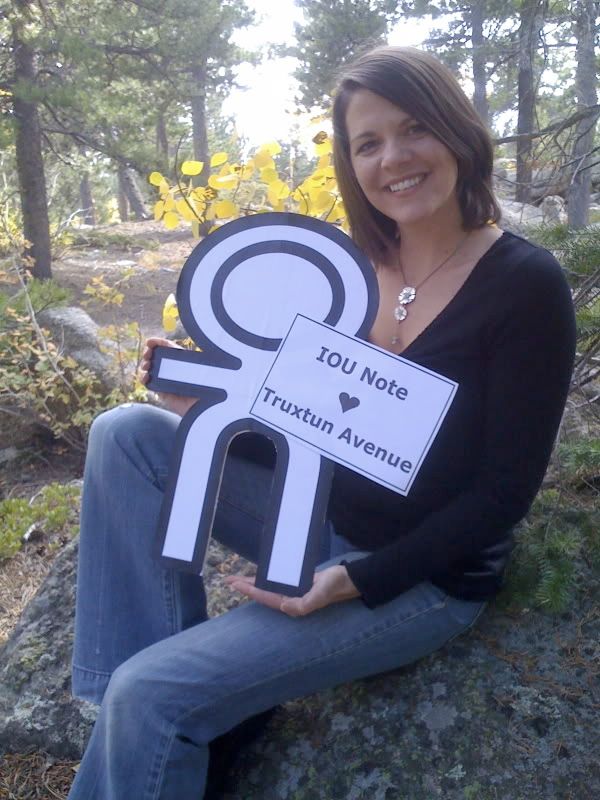In the U.S., come election day we have poor safeguards against voter suppression, poor transparency of the ballot process, and a system where your location determines the effective value of your vote. I think these fundamental problems with voting in the U.S. translate to secondary problems such as the focus on the media on trivia and personality rather than issues, the influence of lobbyists and inevitable corruption, and poor turnout, and in general turnout driven by narow interest rather than civic responsibility.
Happily there are several groups attacking different aspects of our national electoral system in search of improvements. I may not agree with everything all of them are fighting for, but I think we need a revolution, and in a revolution you don't focus on the distasteful state of your comrade's dress. I'll only mention non-partisan or bi-partisan groups (AFAICT).
Working towards better voting apparatus is the
Open Voting Consortium:

"OVC develops and promotes a new concept/process for election administration. If realized, this idea will mean we will have a publicly-owned and publicly-administered voting system. Your right to a secret ballot will be preserved while everything else about the system will be public....OVC is needed because the current system is faulty and too expensive. Billions have been wasted in recent years on inadequate solutions."
The site focuses on the credibility and desirability of the election processes and devices they favor, which is a salutary contrast to the back-room dealings of commercial giants such as Diebold.
Working towards electoral college reform is
National Popular Vote Inc..

"The National Popular Vote bill would guarantee a majority of the Electoral College to the presidential candidate who receives the most popular votes in all 50 states and the District of Columbia. The bill would reform the Electoral College so that the electoral vote in the Electoral College reflects the choice of the nation's voters for President of the United States."
Their Web site emphasizes support by legislators (state legislators, who are the key to this proposal), which is nice, but it would seem to require a sweep of legislative clarity ignoring whatever electoral college calculus might favor one party or another, which hardly seems on the horizon.
Another major problem with our system is the dominance of two parties that come nowhere close covering the the ideological diversity of the people. Third parties have had a very difficult time throughout most of U.S. political history, regardless of merit, and there are a good number of groups promoting improved
nomination rules (a.k.a. ballot access rules) . One good source of information on this issue is the
Ballot Access News newsletter.
A major group that focuses on this in addition to other electoral issues is
FairVote USA (formerly the Center for Voting and Democracy, but DotCom times apparently demanded DotComNaming).

"FairVote acts to transform our elections to achieve universal access to participation, a full spectrum of meaningful ballot choices and majority rule with fair representation for all. As a catalyst for change, we build support for innovative strategies to win a constitutionally protected right to vote, universal voter registration, a national popular vote for president, instant runoff voting and proportional representation."
The organization pushes a
broad slate of programs in addition to nomination rule reform, including advance voter registration (starting voter registration when people turn 16), universal voter education, elections for U.S. Senate vacancies (rather than by state governor appointment).
One thing to be mindful of is that some of these movements overlap advocacy of direct democracy, which I think is another matter altogether, and very dangerous. The most common examples of direct democracy are state ballot initiatives (of which this year
Colorado has a depressing 14. I sure as heck am not standing in line Nov 4th. Hello early voting.). I generally oppose these because it's much better for legislatures to legislate. Mob law is not entirely conducive to civilization. My general principle is that each citizen should have a fair and equal opportunity to select their representation, but not to then demolish the powers of that representation.






